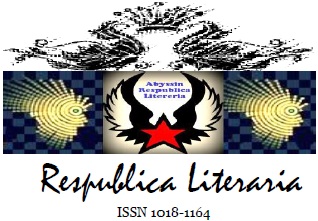The draft
Sustainable Development Goals (SDGs) proclaim 17 goals to end poverty in all its forms everywhere and ensure healthy lives, quality
education, gender equality, access to justice, modern energy for all, sustainable
economic growth, resilient infrastructure and industrialisation, make human
settlements inclusive, combat climate change and strengthen the means of
implementation and revitalise the global partnership for sustainable
development. The complex webs of SDGs demand that
Africa fosters development diplomacy systems and leadership at all level of the
implementation of the SDGs. Development diplomacy is the art and
practice of conducting aid negotiations on Foreign Direct Investment (FDI) and
Overseas Aid between representatives of states and donors. It is a form of public
diplomacy that deals with the influence of public attitudes on the formation
and execution of foreign policies. It encompasses dimensions of international
relations beyond traditional diplomacy; the cultivation by governments of
public opinion in other countries; the interaction of private groups and
interests in one country with another; the reporting of foreign affairs and its
impact on policy; communication between those whose job is communication, as
diplomats and foreign correspondents; and the process of intercultural
communications.
On
the other hand, The
Washington Consensus has spun opportunities and threats to social stability and
political sustainability. The intent of this guest lecture is to develop ideas
for discourse, dialogue, and build consensus on vital issues of diplomacy, democracy
and development. Democratic development derives from the attainment of
widespread literacy and education, or a shared sense among citizens of national
unity. These explanatory factors operate at different levels of analysis: a
socio-economic structural approach, a contingent approach and advancement in
the promotion of rules and institutions. With reference to governance, the
relevant rules concern administrative accountability, transparency and
predictability. Rules may or may not be formalised. The Washington Consensus,
which was meant to reinforce the above, included ten broad sets of
recommendations. These revolve around fiscal policy discipline, redirection of
public spending from subsidies to pro-poor services, tax, interest and interest
rate reform, liberalisation of trade and FDI, privatisation, deregulation,
prudent oversight of financial institutions and legal security for property
rights. The Consensus has been the target
of sharp criticism that it is a way to open up less developed countries to
investments from large multinational corporations and their wealthy owners in
advanced First World economies.
Key words:
Development diplomacy, Public diplomacy, SDGs, The
Washington Consensus
See paper here
See Prezi Presentation here

No comments:
Post a Comment